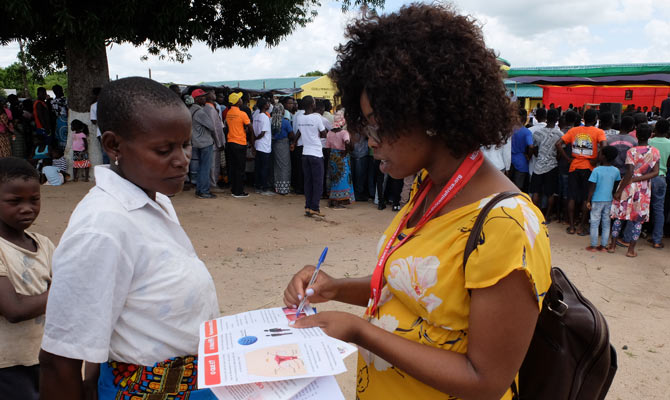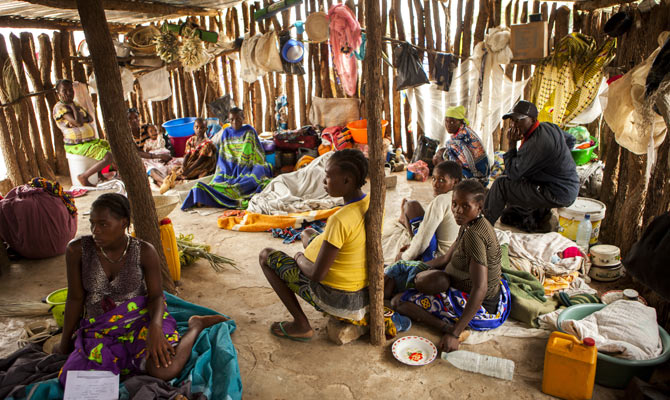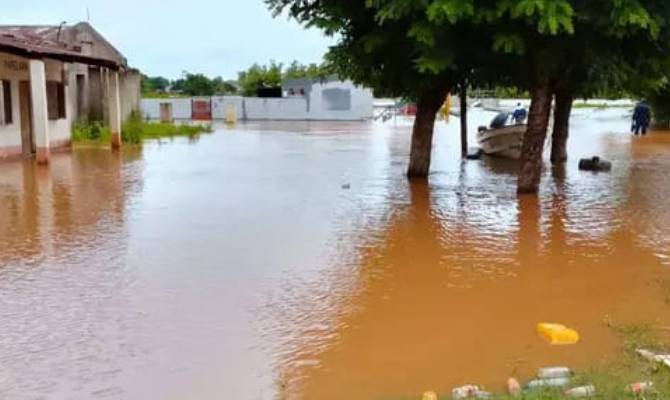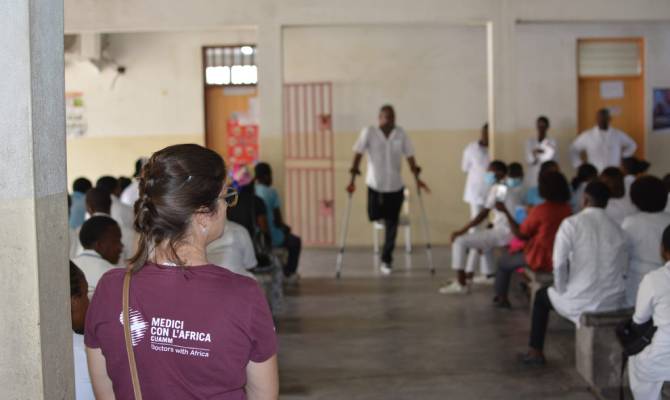Today marks the 20th anniversary of World Cancer Day organized by UICC, the Union for International Cancer Control, and supported by the World Health Organization. Today focuses attention on a major issue that affects everyone’s life, inviting us to make a personal commitment to the fight against cancer, starting from prevention. You may not know that in 2018, 9.6 million people in the world lost their lives to cancer; 70% of these people live in lower/middle-income countries. But at least a third of common cancers are preventable, making prevention key. There is still much to do on this front, especially in Africa, to ensure access to prevention and treatment. Cervical cancer is the most widespread cancer in sub-Saharan Africa and mortality remains high, because women come too late for diagnosis, as has been seen by Helena Dinis, a CUAMM nurse who works in the Sofala Region of Mozambique. The WHO has reported that in this country that, despite diagnosis, 6 out of 10 women lose their lives.
The Ministry of Health of Mozambique introduced mandatory screening in health centers in 2009. But after 10 years, in 2019, only 1,267 health centers at a primary level (76% of the total) did screenings and only 233 health centers (18.4% of the total) did cryotherapy to treat precancerous lesions.
This is why in January 2019 CUAMM launched the project “Prevention and control of non-communicable diseases,” financed by the Italian Agency for Development Cooperation with Dream Sant’Egidio and AIFO, committed to reducing mortality in Mozambique caused by diabetes, hypertension, and cervical cancer. The project aims to increase the availability and quality of services for diagnosing and treating these three diseases in 12 health centers and 2 hospitals in 3 different regions of Mozambique: Maputo, Sofala, and Zambézia. The greatest challenge is having a team of trained technicians to educate about the importance of prevention. Women need to be encouraged to get screenings at their closest health centers. This is one of Helena’s goals. Every day she works to make the health center services more efficient through a training program for health personnel working in the clinics. A key role is played by community activists who raise awareness in the population living in rural villages. Many initiatives and activities aim to inform them about the screening service that can be done out in health centers. “When we are in rural villages, I use a small leaflet with photos and ask some simple questions to get women to listen to me. This takes a lot of patience. You can’t be in a hurry and need to take the time to get to know each other and build trust. When I see an opening and see that a woman is listening, then I can give her information that is essential for her health,” says Assuema Manuel, a CUAMM nurse in the Zambezia Region. “My working days are long and hard, but I am proud to work on this project with CUAMM because through better access to prevention and treatment, we can save the lives of many women like me.”
As reported by Paolo Massaro, project manager for “Prevention and control of non-communicable diseases.”





